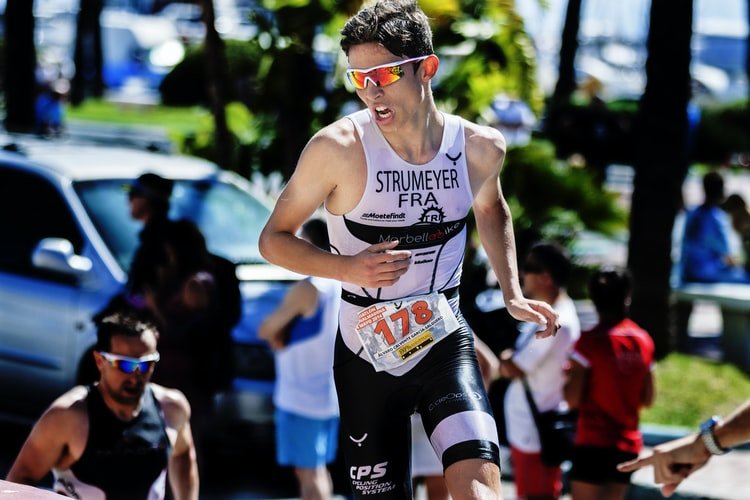While you and I will not be competing in the Tokyo Olympics, the world-class athletes who will be there may teach us a lot about how to be better athletes. The Olympic Athletes’ Training Secrets that allow these champions to refine their bodies and brains in order to achieve world records may also be used to assist non-Olympians to improve their health, fitness, and general well-being by following similar guidelines.
We non-Olympians can learn a lot from the top-level athletes who are competing in Tokyo. Not only may non-Olympians use the same method to enhance their health, fitness, and general wellbeing as these world-class athletes.
Prior to the 2000 Sydney Olympics, I worked with Olympic aspirants at the ARCO Olympic Training Facility in San Diego, Calif. Living, eating, and exercising with these “superhumans” for a year has influenced my approach to health, fitness, and performance.
With these Olympic athletes’ training methods, you can build lifetime health habits and become a “super” version of yourself, whether your goal is to win gold or simply feel great in your senior years.

A Coach
Despite their exceptional skills and hard work ethic, Olympic competitors seek the guidance of a coach throughout training and competition. A coach adds perspective, responsibility, and inspiration to a team. This mentor listens to your ideas, complaints, and inquiries.
During my time working with these players, I encountered a few without a coach. They are likely unknown to you. Why? Because they never win.
If the world’s most gifted and driven athletes seek guidance from a coach, it’s fair to assume that anybody might benefit from such guidance. Hiring a coach to help you develop and maintain healthy behaviors may offer the knowledge, responsibility, and motivation you need to achieve your objectives safely and efficiently.
Don’t Panic
When an Olympian ceremonially dips their head to accept a medal, it is the product of a well-planned strategy. World-class success takes years, if not decades, of preparation.
During this period, the athlete and coach constantly examine their goals. They concentrate on small things and trust each other. They realize that success takes time, so they plan ahead. The plan was changed but never abandoned.
Panic, uncertainty, or distraction would prevent athletes and coaches from building on their achievements. They would continually rethink their strategy, never allowing their initial idea to bear fruit.
Make a strategy to alter your behaviors for better health. Expect adjustments to take time. Set a reasonable long-term objective and smaller, achievable targets along the way. Commit to slow, steady progress. If you follow the plan and it fails to meet your expectations, modify it but don’t abandon it.
Recuperation
Working with elite athletes has shown me that they train hard but recover even harder. Their recuperation period is scheduled much like their training.
Olympians know that training stimulates development, but recuperation promotes growth and progress. A lack of sleep, stress, diet, and other recuperation factors reduce the effect of their exercise.
For us non-Olympians, recuperation is vital. We are always stressed out. The majority of stress really helps us develop physically, intellectually, emotionally, and spiritually. But, like Olympic athletes, we only develop when we recuperate. Stress without rest leads to burnout.
Sleep, diet, meditation, and other basic habits may help you recover. These should be planned. Stress/recovery relationships don’t work when you work all day and then come home and collapse on the sofa. Consider basic, time-saving practices that may help you maintain your energy and performance.
Keep track of how hard and how often you work out. If you’re constantly sore, injured, or stagnant, switch from a high-intensity workout to a low-intensity workout or take a day off.
Quality Over Quantity
World-class athletes train in unfathomable detail. They realize that although quantity is essential, quality is what distinguishes the “goods” from the “greats.”
Olympians know that training properly and intelligently pays off more than just training more. They also don’t want to overtrain their bodies.
The same goes for improving one’s health and fitness. If time is an issue, remember that 20-30 minutes of concentrated exercise a few days a week typically accomplishes more than hours of gym hopping.
Increasing the quality of exercise doesn’t necessarily imply raising your heart rate. It may involve focusing on various elements of technique or tailoring your actions to your desired outcomes. Hiring a professional is a fantastic way to start improving your exercise regimen.
Remember these ideas while you watch the Olympics in Tokyo.

